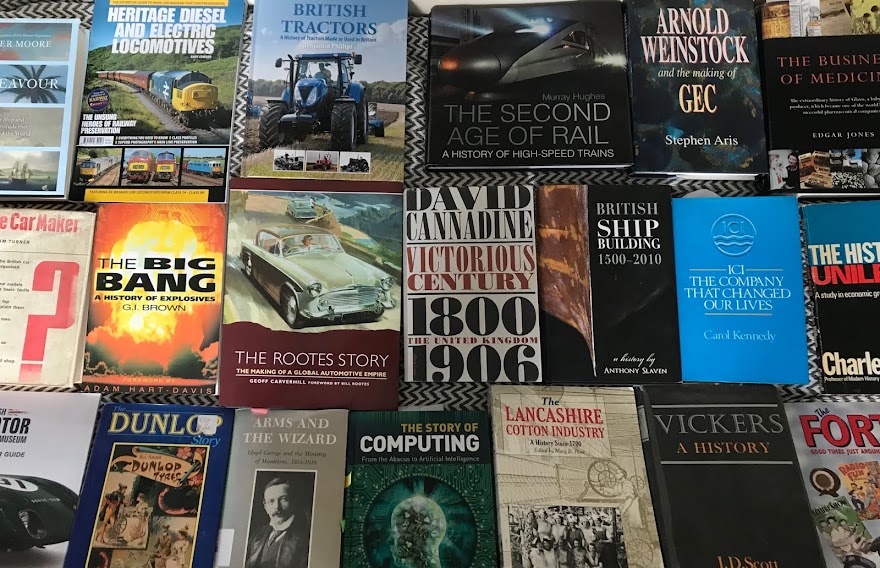We have had in Syria carnage on the scale of the Great War. We have had a constant stream of ordinary people fleeing the terror and many dying in the process. We have had two votes of massive significance each of which has unleashed a wave of hatred and intolerance.
I am not going on about the result of the EU referendum; the result is the result and everyone is entitled to their opinion. I am not going on about whether it should be soft or hard Brexit. What concerns me is that the Britain I know and love, as a country with a proud tradition of welcoming refugees and being a place where communities of different origins have for decades lived in harmony, suddenly has changed.
It seems that those people on the extremes somehow have been given ‘permission’ to behave in ways that would shock and anger their parents and grandparents. To throw racial abuse at neighbours was surely something that we left behind with Alf Garnett? We had moved on as a society; we had grown up.
Apparently not.
It isn’t just the outbreak of racism and xenophobia. There is all the language of hate.
I have to come clean; I was a lawyer, a Barrister, although it is many years since I did any law. I remember as a law student getting irritated by the decisions of the old buffers who were judges at the time. Irritation would find expression in humour. Now disagreement finds expression in hate. The case over Article 50 is simply a question of what the law is. It is not a matter of being as abusive as possible in order to bully judges round to a particular view point.
It is more than hate levelled at judges; it is hate levelled at politicians with whom people disagree. Disagreement is what debate is all about. Hate and threats have no place in politics in a civilised society. Anyone watching the television or reading the social media of late will have noticed a turn for the worse in terms of language used to express opinions. Perhaps I am old fashioned, but I have never seen an argument better expressed with expletives.
There is an even more worrying side to hate. It is the opposite of love and compassion and this is shown in the very visible poverty in our communities. To go to the supermarket and to be faced by a large number of volunteers collecting for food banks might be a mark of compassion, but the need is surely the mark of a society where the gap between the rich and the poor, the haves and the have nots is unacceptable. It is a mute point whether any gap is acceptable. The difference in 21st century Britain is colossal. In previous ages where the difference has increased, the 18th and 19th century, those with money saw it as their duty to help the less well off. Not so now, except in a few high profile cases.
It is also shown in the number of people sleeping rough. Spending cuts have lead to the withdrawal of services and this has resulted in vulnerable people being uncared for, in effect discarded.
Is this the society we want? Let us have robust debate, but let us too not let go the tolerant and caring society which our parents and grandparents bequeathed to us through two horrific world wars.










